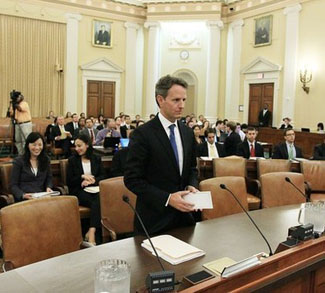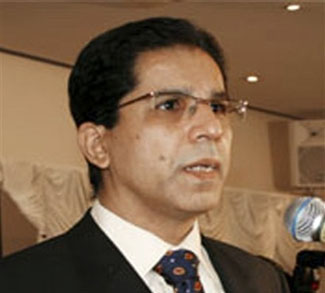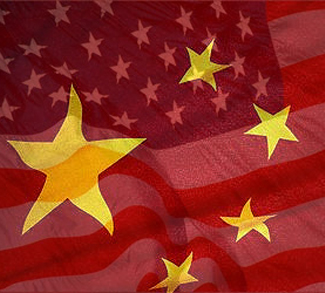This is the first high-level criticism of the value of the yuan in the past few months, and it is significant because it suggests that the Obama administration has not given up on pressuring the Chinese government to adopt a more liberal monetary policy.
While it is doubtful that such pressure will change any policies in Beijing, it certainly will play well to the domestic audience in the United States. As the prospect of a crushing defeat for the Democrats in mid-term elections becomes more and more real, the Obama administration will consequently start to feel more pressure to play politics in foreign policy. The issue of the yuan is especially pertinent because it speaks to the economic struggles that many Americans are experiencing. Expect the Obama administration to resume its public demands that Beijing allow the yuan to appreciate, even if it lacks the leverage to induce an appreciation.
Xinhua downplays Geithner’s comments on the yuan, instead choosing to focus on the some of the sunnier aspects of his testimony.
The China Post points out that Geithner’s comments reflect a subtle change in policy:
“Geithner for much of this year took a softer approach on China’s yuan, delaying a Treasury currency report for several months before declining to name Beijing a manipulator in July, shortly after Beijing’s de-pegging of the yuan.
His move was aimed at giving Chinese officials some breathing room to resume a gradual rise in the yuan that started in 2005 but abruptly halted in mid-2008.”




